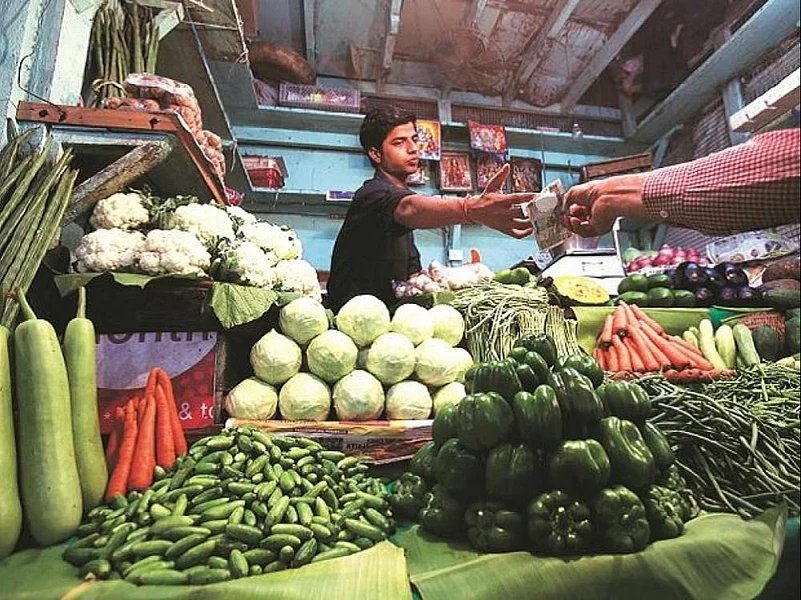There is tight vigil around COVID-19 hotspots identified by the Delhi government with barricades and police vans frequently moving around with blaring sirens. Life has become tougher for residents of most hotspot areas where there are no shops selling grocery items, vegetables, fruits or other daily household items.
Many Residents Welfare Associations (RWAs) say there are no supplies coming into their localities. "Many of residents who had headed our call for preparedness ahead of the lockdown, have fared better as they had stocked up on essentials,” says Rajiv Kakaria of Greater Kailash-I RWA. But he is worried how long the supplies will last as many affluent families in his colony have been contributing ration to over 100 construction workers living in the incomplete residential projects. Some of them have gone back to their rented houses in the outskirts of Delhi and others have returned to their villages. But still there is a sizable number of the needy.
In many colonies, Gurudwaras and other religious institution have been giving food to the poor. Providing cooked food has its limitations, says Neeraj Chopra of Malviya Nagar RWA, “given that people have their own food preferences in the way the food is cooked. Also there is possibility of wastage if all of it is not consumed.” Chopra with his team has been distributing dry ration and other essentials to scores of families, mostly poor people living in slum clusters. Malviya Nagar and Saket, two hotspots in South Delhi both densely populated areas with a lot of outstation visitors who came for treatment in the nearby Max Hospitals and got stuck because of the lockdown.
Many RWAs are working in tandem with each other to mobilise resources from wherever it is available given the tight supply position due to logistic hurdles. BS Vohra of East Delhi RWA Federation narrates how many people are coming forward to help the various associations to ensure supplies to quarantined families in hotspots in IP Extension, Delhi's huge middle-class settlement, and other east Delhi colonies. “We have provided emergency contact numbers to help out anyone in need. Everybody is cooperating with us in ensuring that social distancing is maintained, and nobody is put to any hardship,” says Vohra. Many senior citizens say the work of the RWAs is reminiscent to the cooperation seen during war times decades ago when neighborhood watch and sharing of available resources was the norm.
On April 8, the Delhi government had announced the sealing of 20 coronavirus hotspots comprising small pockets of settlements and apartment complexes and made it compulsory for people to wear face masks when stepping outdoors to contain the spread of the novel virus.
















